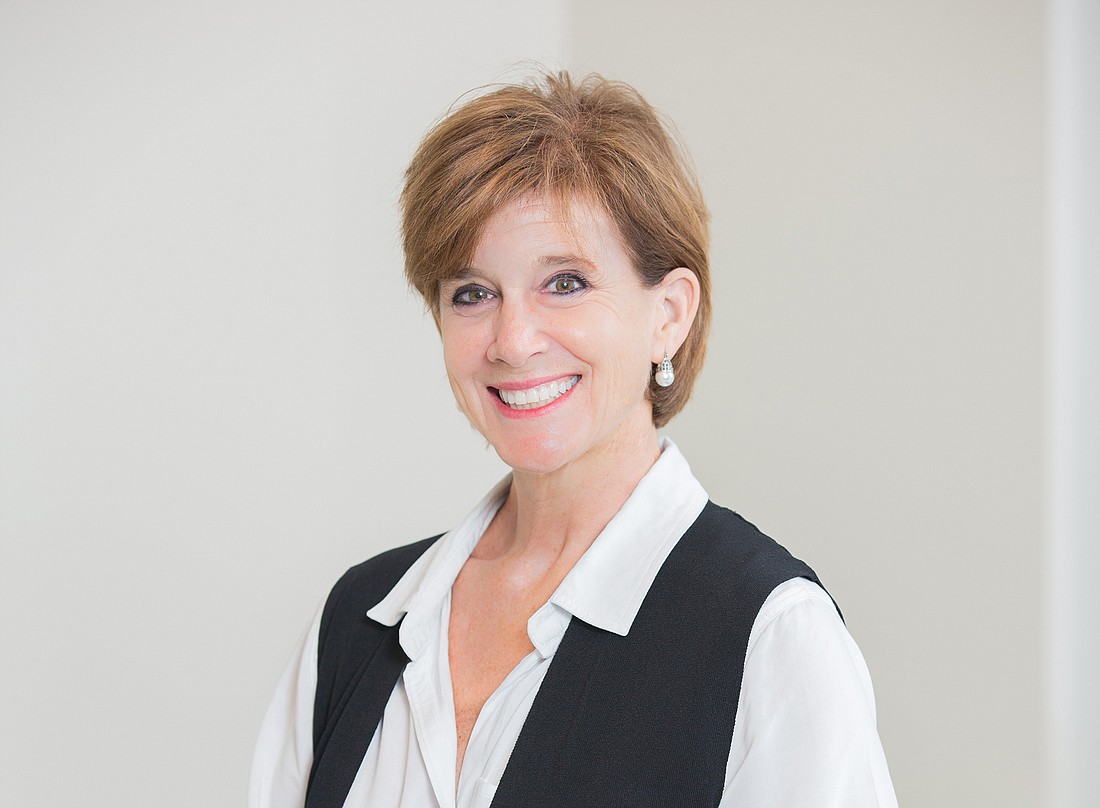
Kate Clifford, founder of the Strategic Sites commercial real estate firm, said it’s too soon to tell how COVID-19 will impact the market for the long term.
“I think there is going to be this giant deep breath while everyone waits to see how it affects them,” she said.
Clifford said some potential investors and tenants will wait it out, while others might make a move.
“It’s possible you may see buyers with heavy resources that are stockpiled look and see maybe there’s an opportunity here,” said Clifford, whose company specializes in retail and office sales and leasing.
She said March 16 she had not seen tenant requests about issues with paying rent, “but we know they’re coming.”
While some landlords might be able to relax their terms, some might have a tougher time because their mortgages on the property depend on the rental income stream.
“These landlords still have to pay their mortgages,” she said.
Clifford expects retail leasing to be “way off,” while office leasing might be better because some tenants need a place to work and if not this month, maybe next month.
She also cited other considerations as people self-quarantine and companies cut back on services. For example, will technical and repair experts make office calls?
“It takes a village in good times. It takes a village in bad times, too,” she said.
“Everybody has to be flexible.”
JWB Real Estate Capital President Alex Sifakis said the impact on real estate depends on the duration of quarantines and closures until the virus is considered contained.
He said his team expects that to take two to four months, creating more of a 9/11 impact than that of the 2008 Great Recession.
“Commercial real estate will likely be more affected,” he said.
Sifakis predicts a housing slowdown in the next few months because people don’t want to “go outside to buy houses” and they don’t feel confident about the real estate market, although low interest rates will balance that somewhat.
“Historically there is a high correlation between stock prices and the price of higher-end real estate, so I would expect some softening and slowdown in higher-end homes than lower-end homes,” he said.
The stock market has plummeted.
Sifakis expects renters could have a tough time making payments. “Landlords will need to be patient,” he said, and he hopes to see government and bank programs help defer mortgage payments.
He also expects government assistance to supplement service workers, such as those at bars, restaurant and event venues, “who are going to drastically have their hours cut.”
“However, people typically pay their rent before other bills, so we don’t expect to see a massive rash of nonpayments,” he said.
JWB buys, builds, rents and manages housing and retail real estate on behalf of investors. It invests in Downtown and retail projects for its own portfolio.
Stock market volatility could spur investment in real estate, he said. “Since our primary clients are individuals that want to passively invest in real estate, we are expecting to see an increase in volume over the next few months.
Chris Morgan, co-CEO of the Cantrell & Morgan Inc. commercial real estate firm, acknowledges the serious immediate pain of the virus, but looks beyond it.
“I think there is going to be some long-term benefit from it,” he said. “We will come out stronger and we will come out wiser.”
Morgan predicts people will feel more confident after the “lockdown” as new cases slow and patients recover.
He said Jacksonville and Florida leaders are following the actions of other states and cities in moving to contain the spread and, he believes, in the best interests of commerce.
“If you look at the leadership in this state, these are all entrepreneurial private sector, pro-business leaders, so I take comfort in that.”
Morgan said some businesses will suffer but others will do well. “Have you been to a grocery store? Those stores are doing just fine.”
Morgan attributes some public fear to social media and some overreaction to an avoidance of liability.
He said he is not minimizing the pain, but “we need to have some perspective. When real data gets communicated, then perspective starts to take hold.”
He expects data in 60-90 day about the extent of the virus’s spread, and for warmer weather to dampen the outbreak.
“The question is, how long is this going to be? If two or three weeks and everybody hunkers down, then I think the long-term effect will be minimal.”
Longer, and it might be worse, but “our leadership is very cognizant of that.”
One benefit will be the realization that the U.S. shouldn’t rely on foreign manufacturing of specialty pharmaceuticals and health care equipment, he said.
“That is a great positive outcome.”